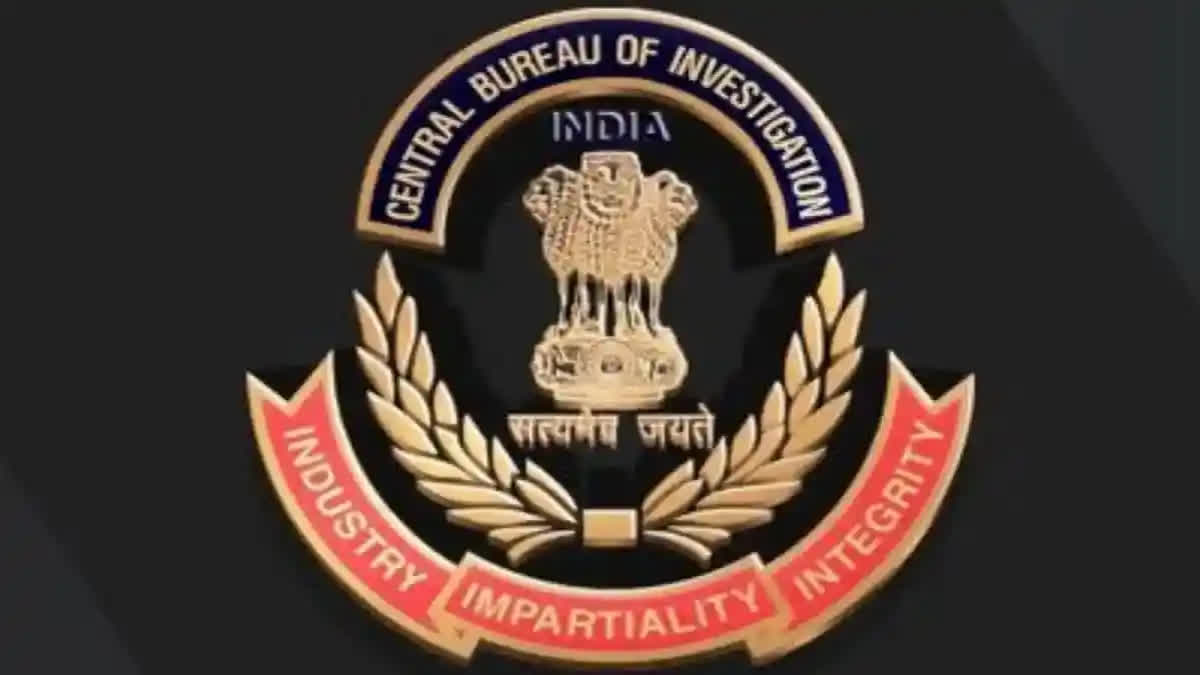Hyderabad: The Central Bureau of Investigation (CBI), is a leading investigative police agency under the Department of Personnel, Ministry of Personnel, Pension & Public Grievances. It is the official police agency in India that manages investigations for member nations of Interpol. The CBI was established on April 1, 1963.
History
Established in 1963, the Ministry of Home Affairs (MHA) created the CBI. It was later moved to the Ministry of Personnel. The CBI amalgamated with the Special Police Establishment, which was established in 1941 and investigated vigilance issues. The Santhanam Committee on Prevention of Corruption (1962–1964) recommended the creation of the CBI. CBI is not a statutory body. The Delhi Special Police Establishment Act of 1946 is primarily where it gets its authority. The CBI is crucial to preventing corruption and upholding administrative integrity. It is the primary investigative body of the Centre. It also supports the Lokpal and the Central Vigilance Commission.
Founder Director:
The first director of the CBI is D. P. Kohli, who served as the Director-General of the Central Police College (CPC) from April 1, 1963, to May 31, 1968. Before that, he served as the Inspector General of Police, Special Police Establishment (SPE), 1955 to 1963. Prior to that, he held various responsible positions in the police forces of Madhya Pradesh, Uttar Pradesh and the Centre. Before joining the SPE, he was the Police Chief of Madhya Bharat. In 1967, he was awarded Padma Bhushan.
From 1965 onwards, the CBI was also given the authority to selectively investigate economic offenses and significant traditional crimes including murders, kidnappings, acts of terrorism, etc.
Legal Powers of CBI:
The Delhi Special Police Establishment (DSPE) Act, 1946, grants the CBI the authority to conduct criminal investigations.
The Current director:
The current director of CBI is Praveen Sood, who was the former DG and IGP of Karnataka state police.
Functions of CBI:
- Its duties include looking into a wide range of crimes and cases
- Investigating serious and complicated crimes, including as economic violations, large frauds, corruption, and high-profile cases, is the CBI's main responsibility.
- In order to look into crimes that may have international repercussions, the CBI works with law enforcement organisations abroad
- Presenting its findings in court and making sure the guilty are prosecuted and imprisoned are the responsibilities of the CBI
- By offering other law enforcement authorities training and technical support, the CBI also contributes to the reduction of criminal activity



